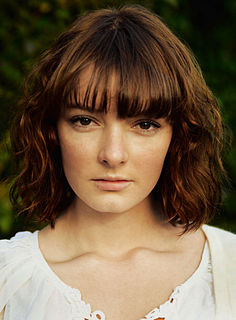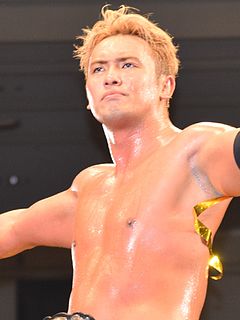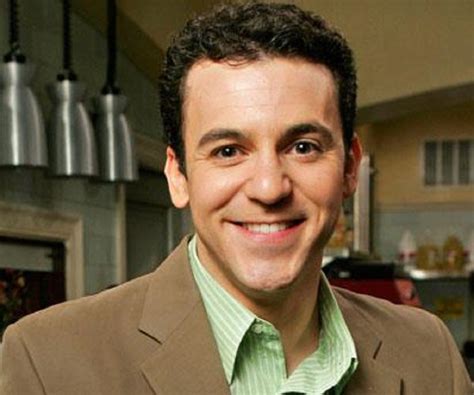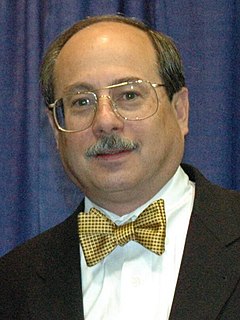A Quote by William H. Macy
Ultimately, a more experienced director realizes that you've got to stop sometime and just move on. They're braver about that.
Quote Topics
Related Quotes
I'm someone who's experienced impostor syndrome - as I think a lot of people have with their careers, especially when they pursue what they're passionate about, because they want to be good at it. I've experienced that as a gay man; I've experienced that as a cook, as a gallery director, as a student of psychology.
The first thing you do as a producer is you try to understand the director's vision in as deeply a way as you can. Sometimes, you end up with a director that has more vision or sometime they have less vision. You hope that they have more. In the case where they have more, you need to understand it in the deepest way you can.
I got to work with Robert DeNiro once and it was a strange experience. Gwyneth Paltrow and I were doing Great Expectations movie together and we were complaining about what a mediocre film experience it was. DeNiro showed up on set and all of a sudden the director got better, the director of photography got better - everybody got more interested and excited. DeNiro isn't waiting for other people to create the environment that he wants, he brings it along with him.
Before I began The Cider House Rules, I thought I wanted to write about a father-son relationship that was closer, more conflicted, and ultimately more loving, than most. Then I began to think of a relationship between an old orphanage director and an unadoptable orphan - a kid who goes out into the world and fails and keeps coming back, so that the old guy ends up with someone he's got to keep.



































